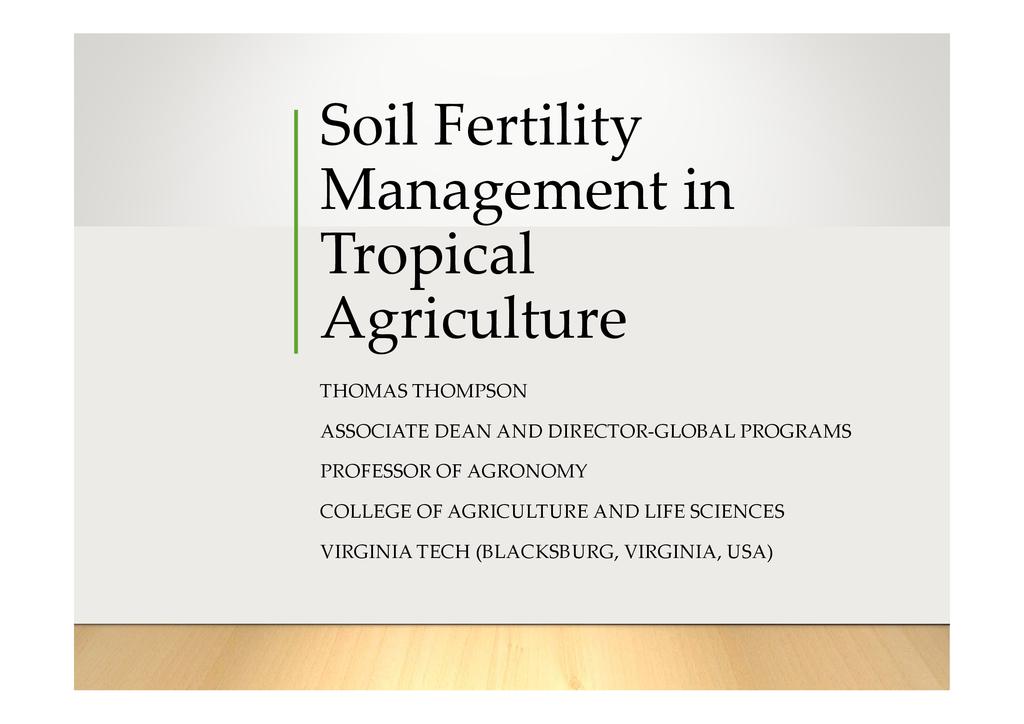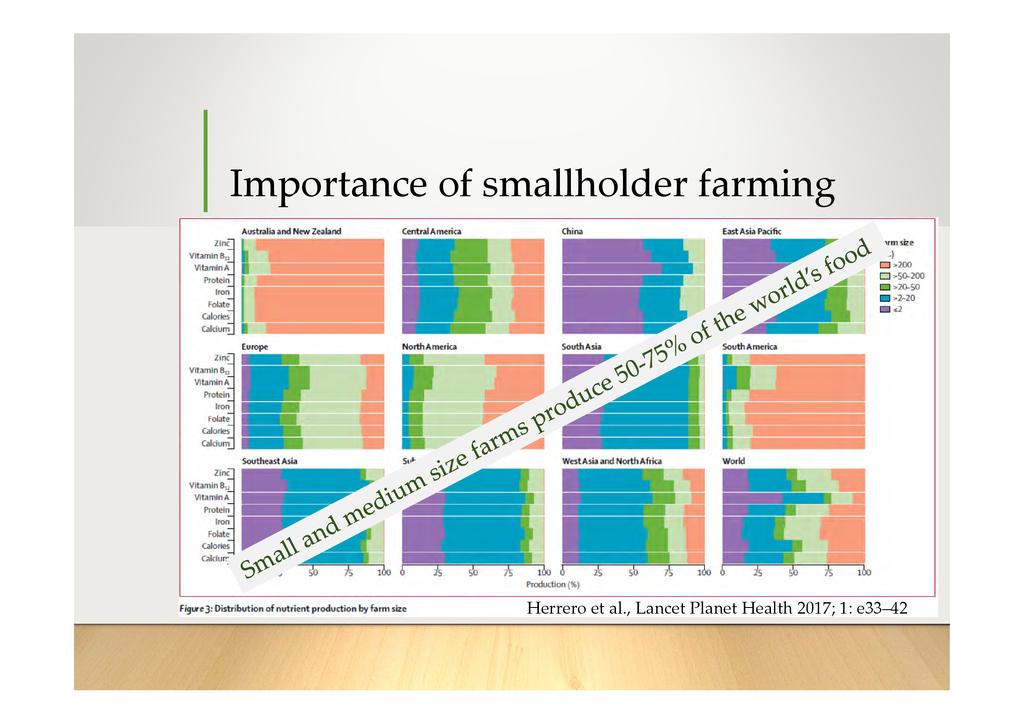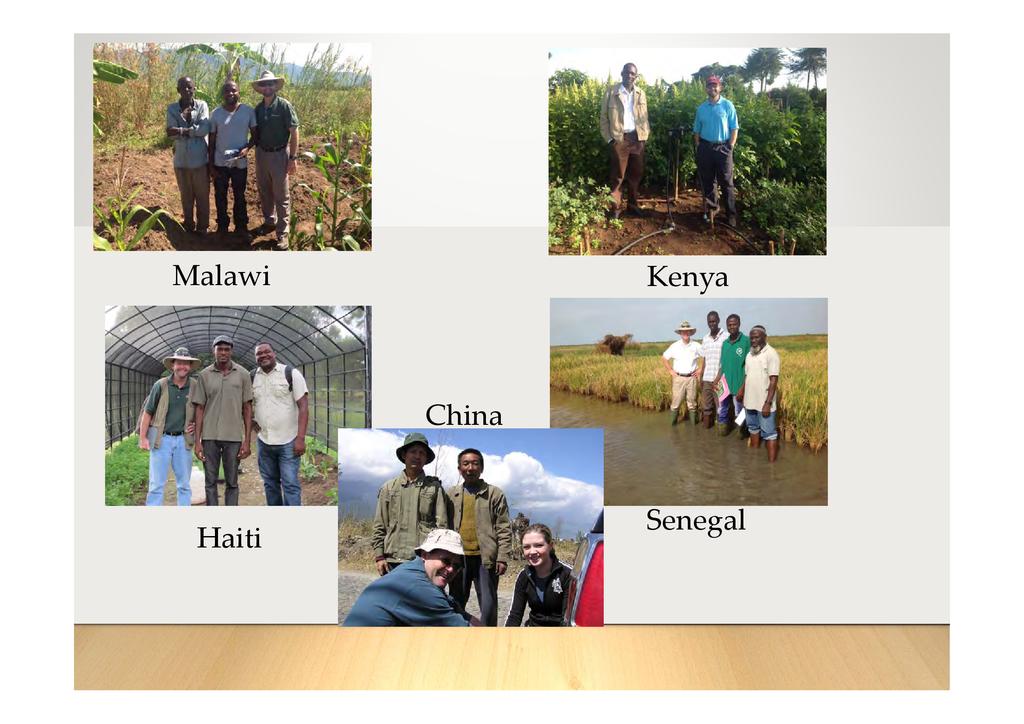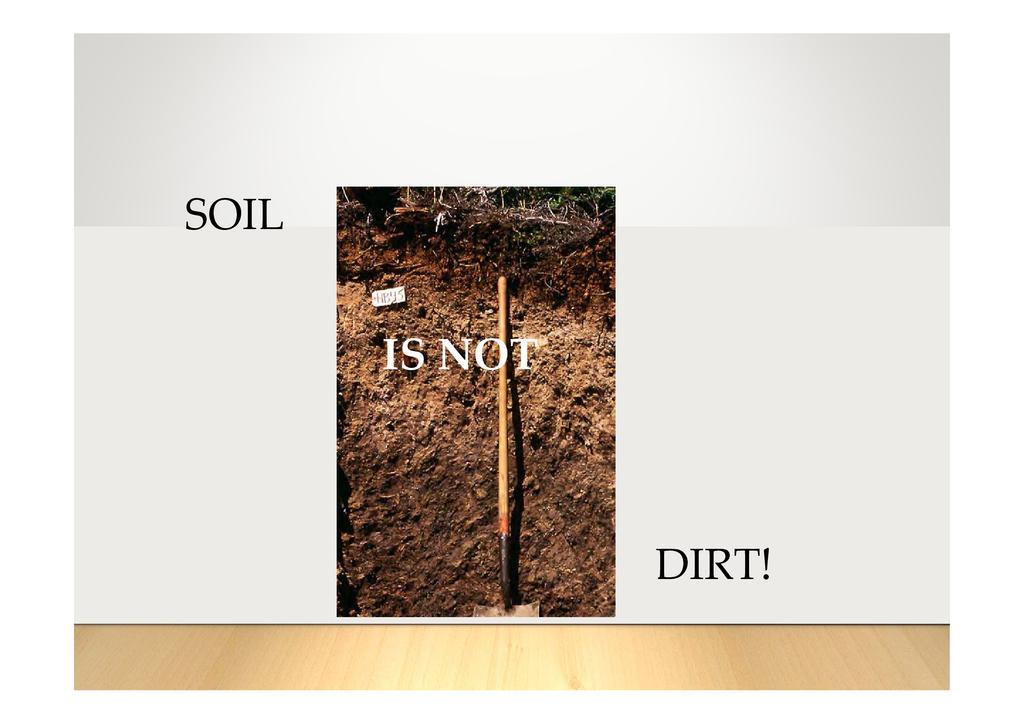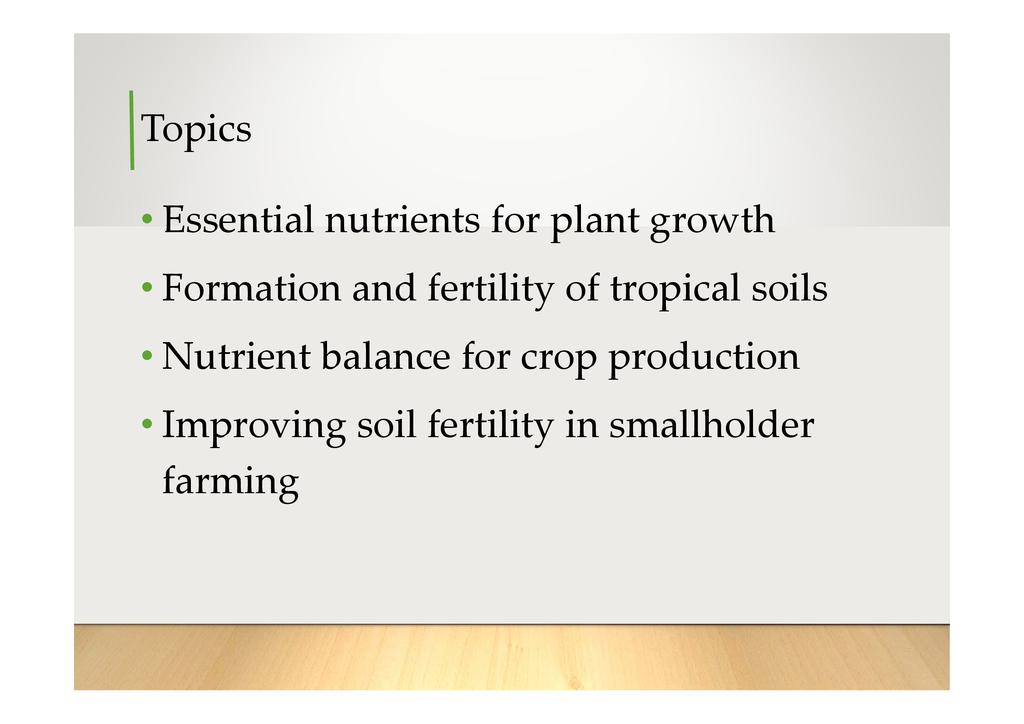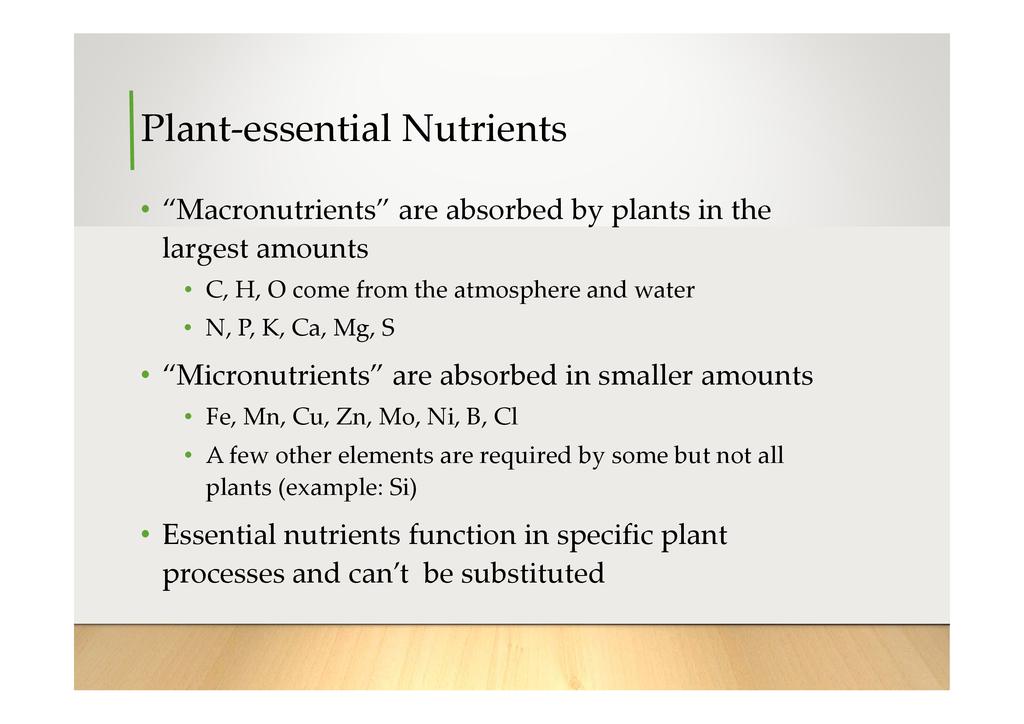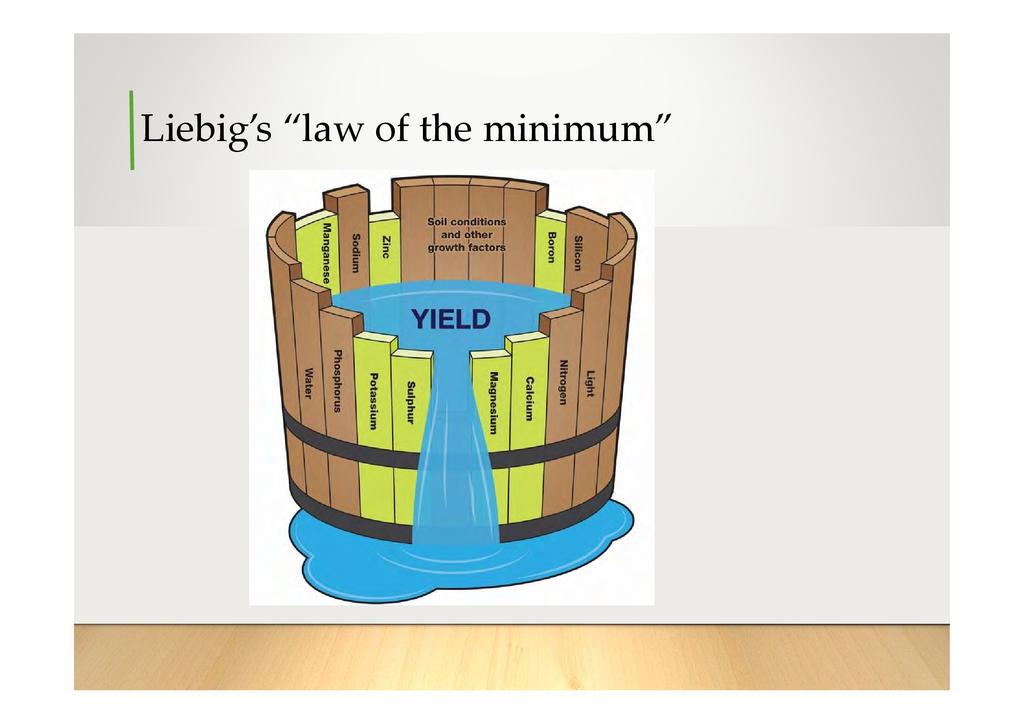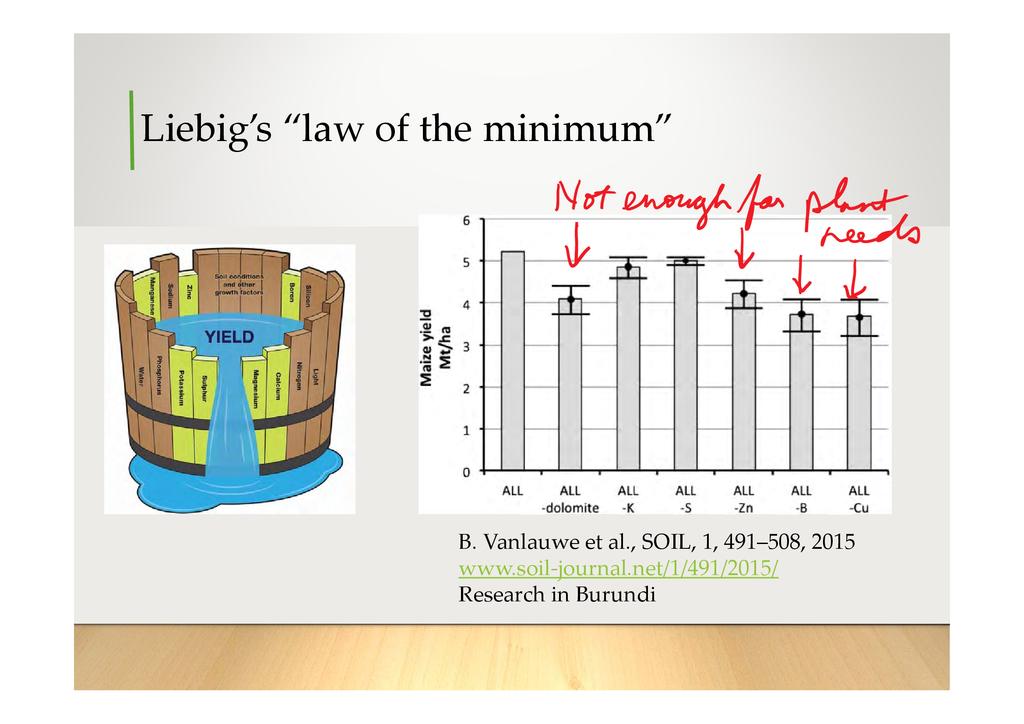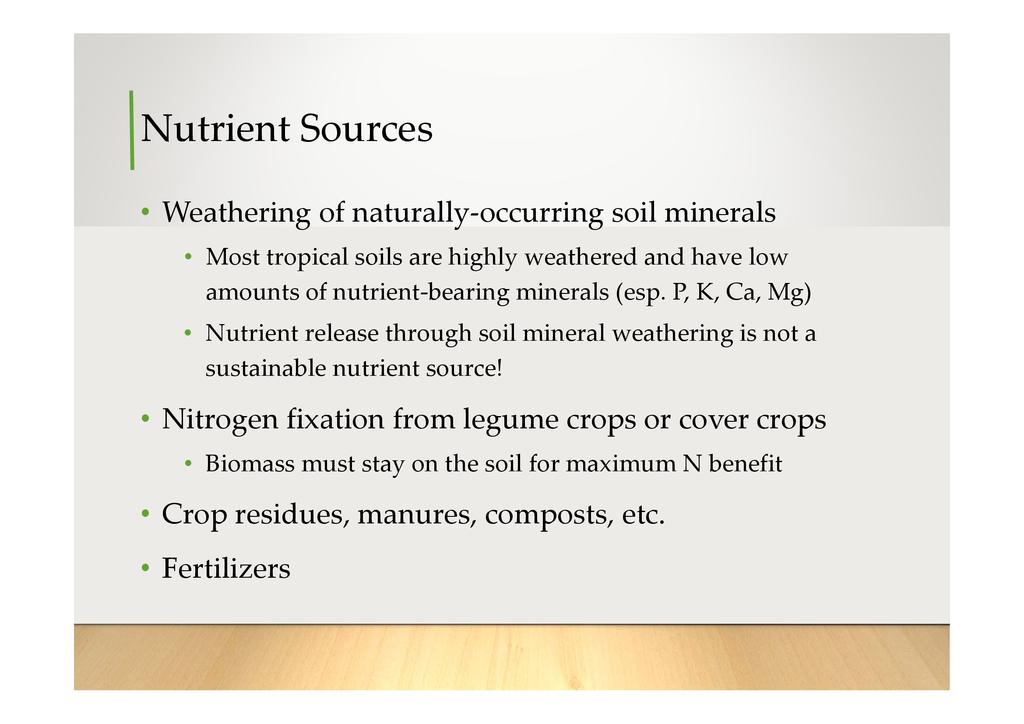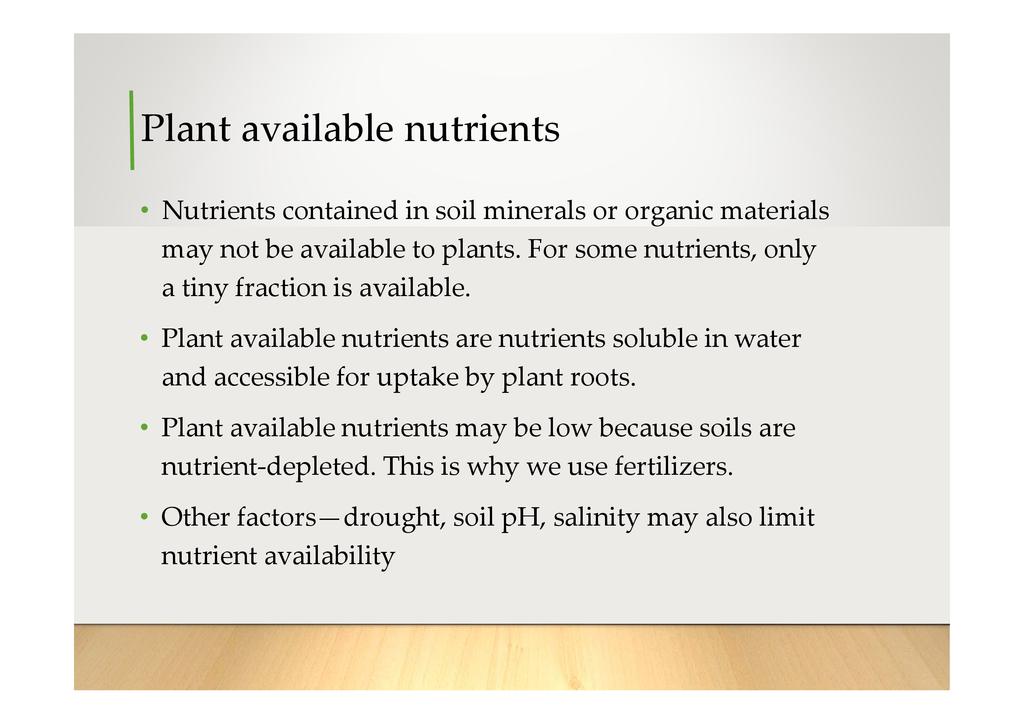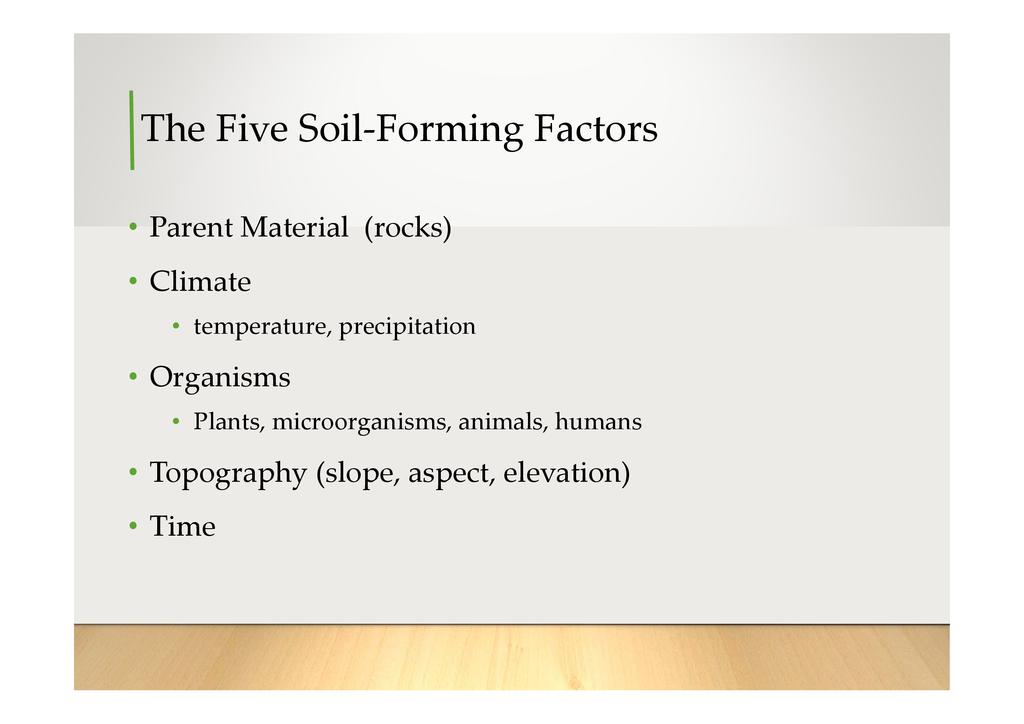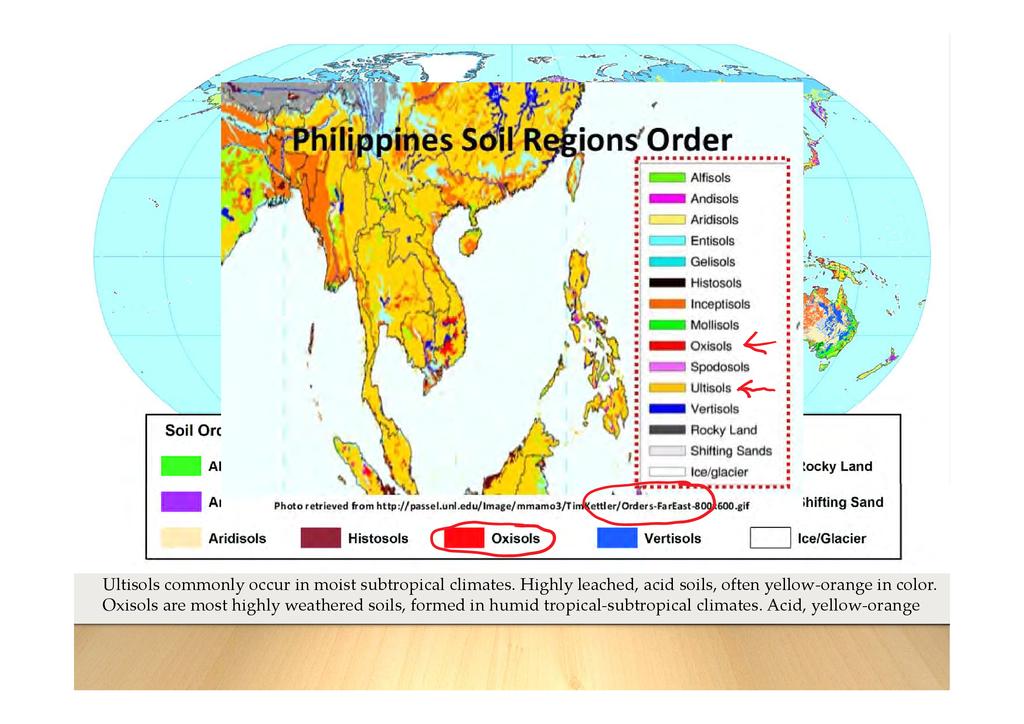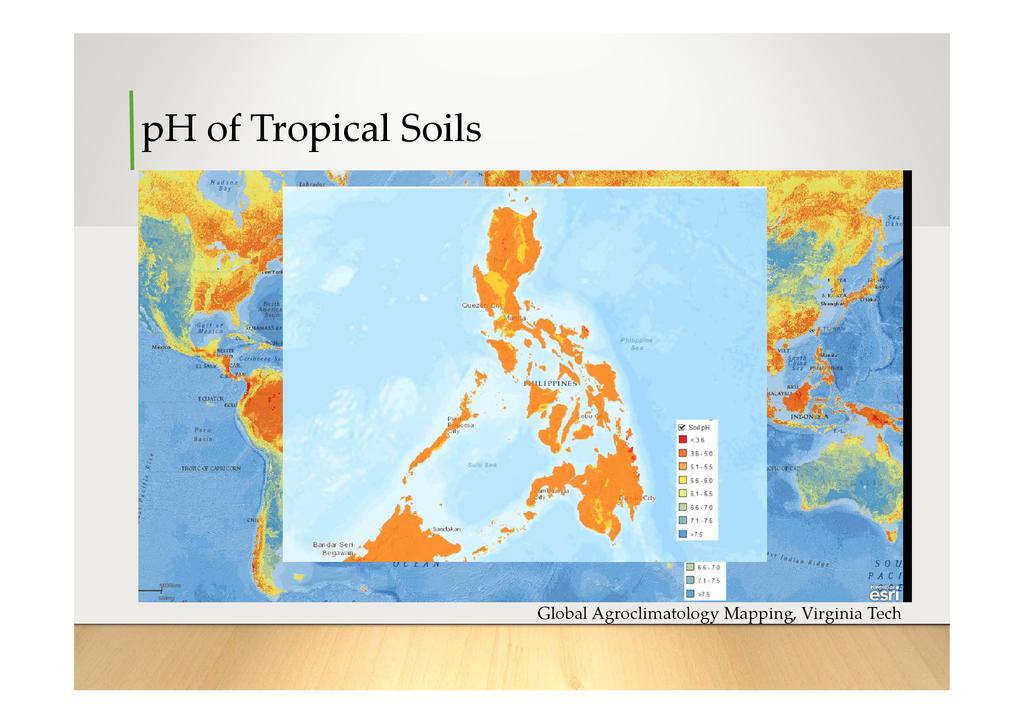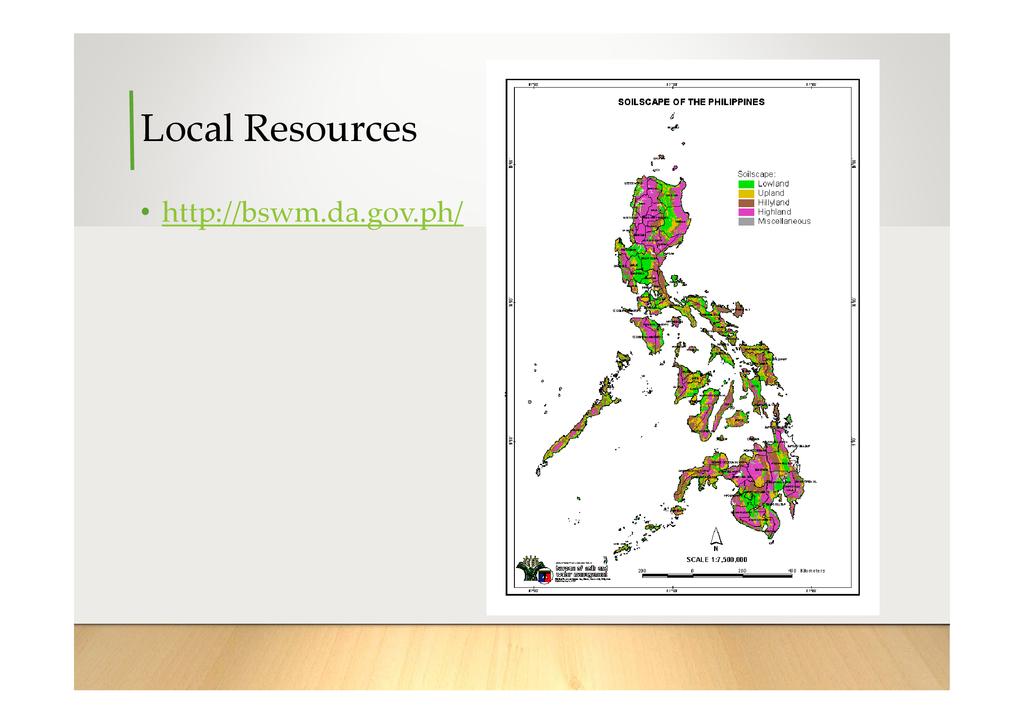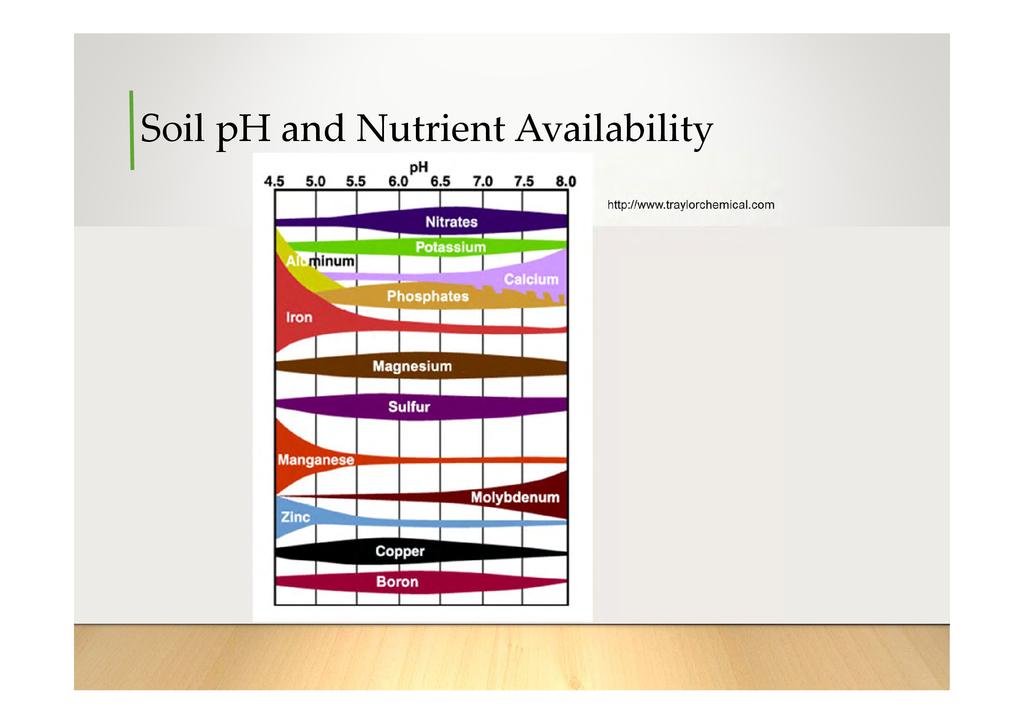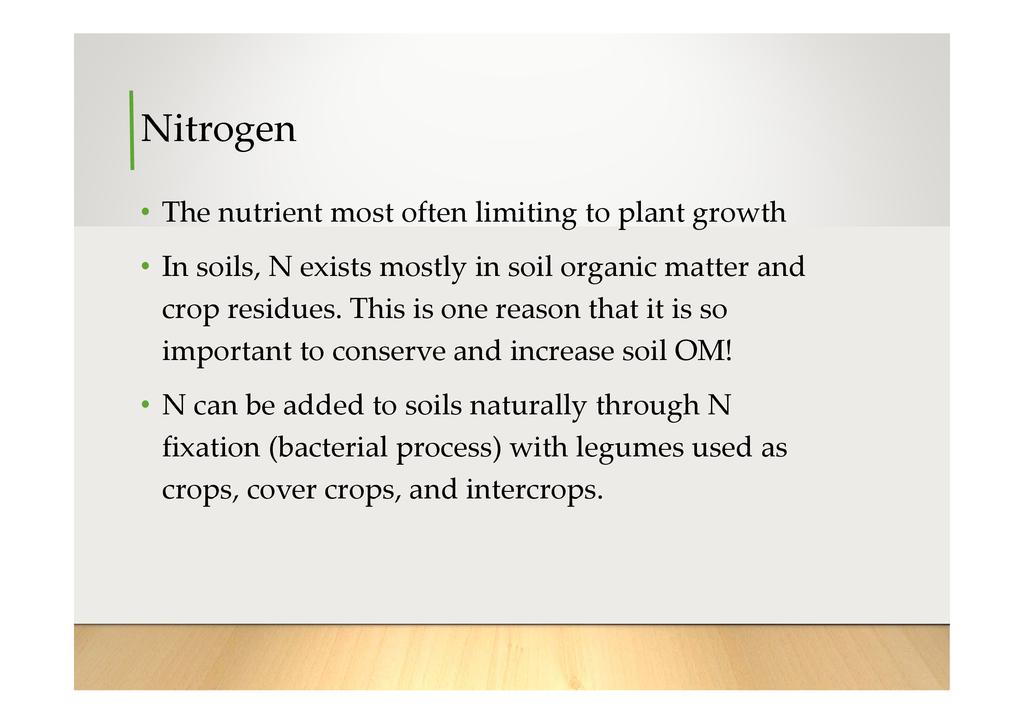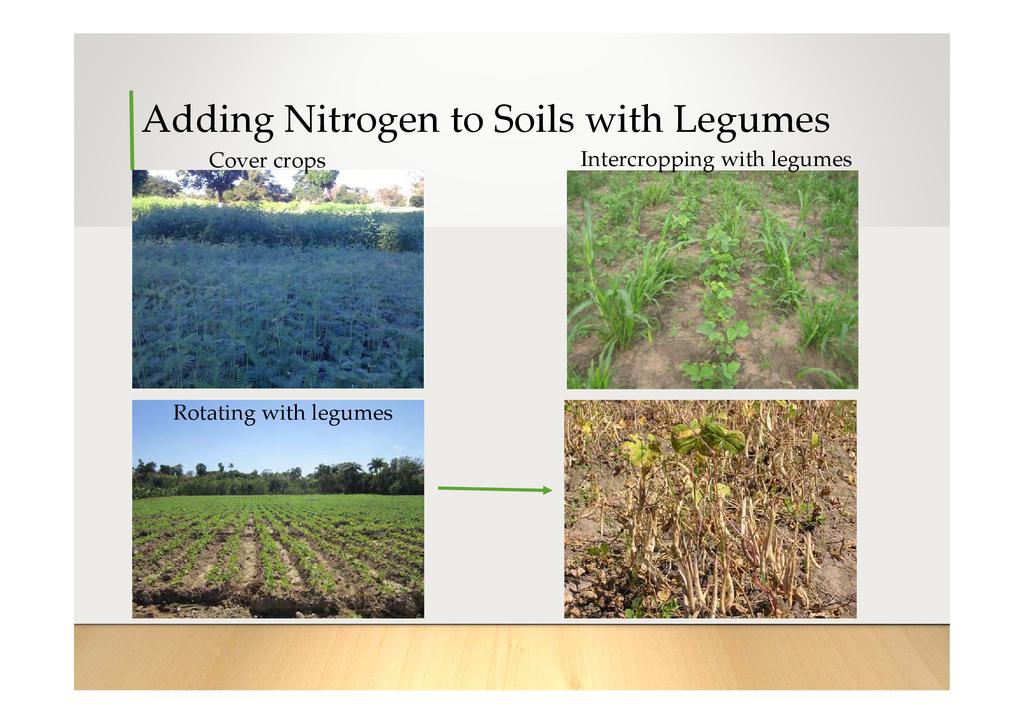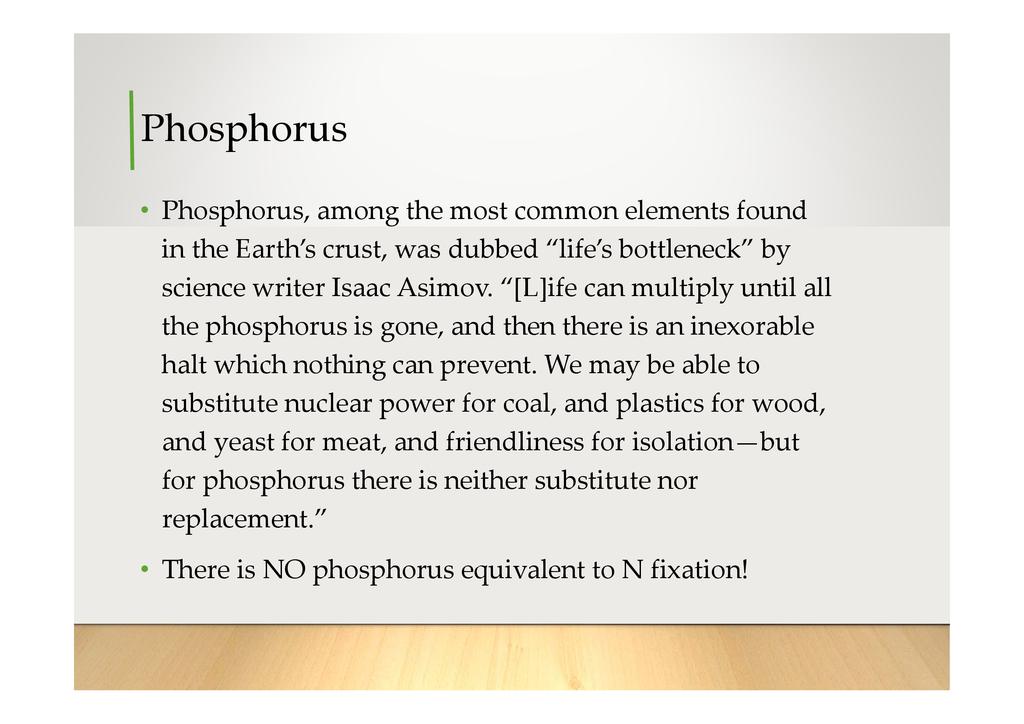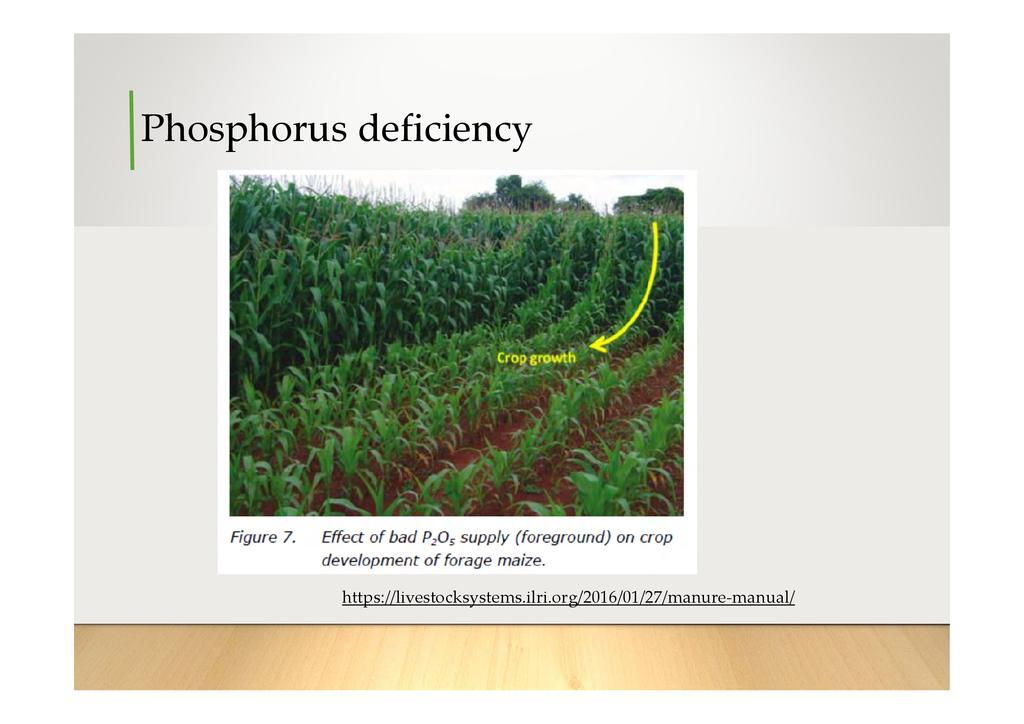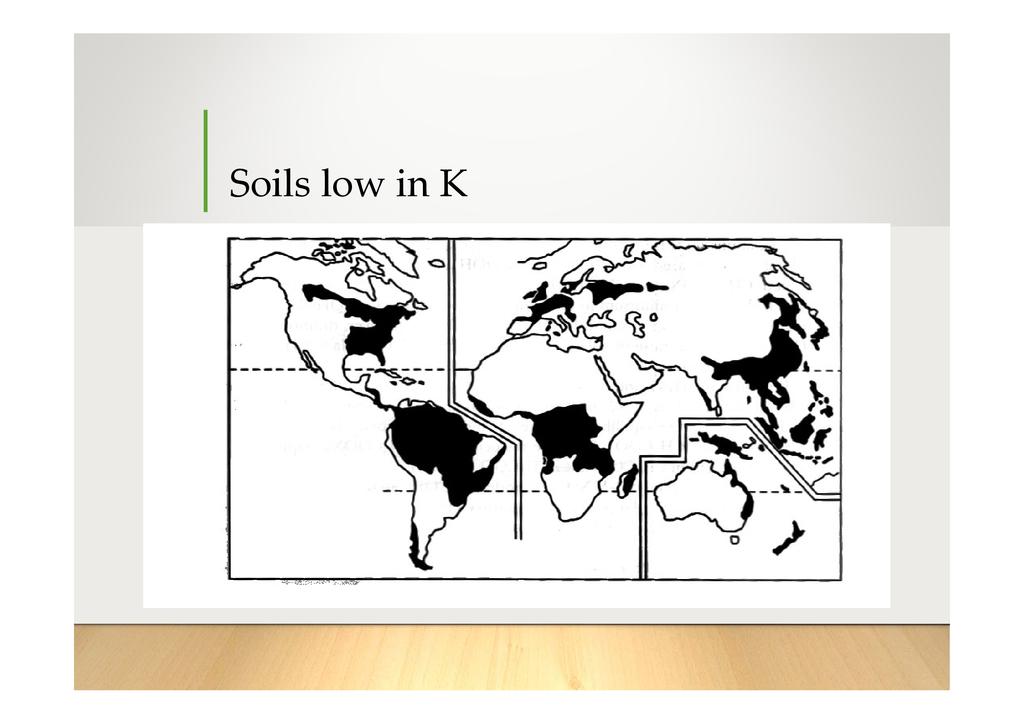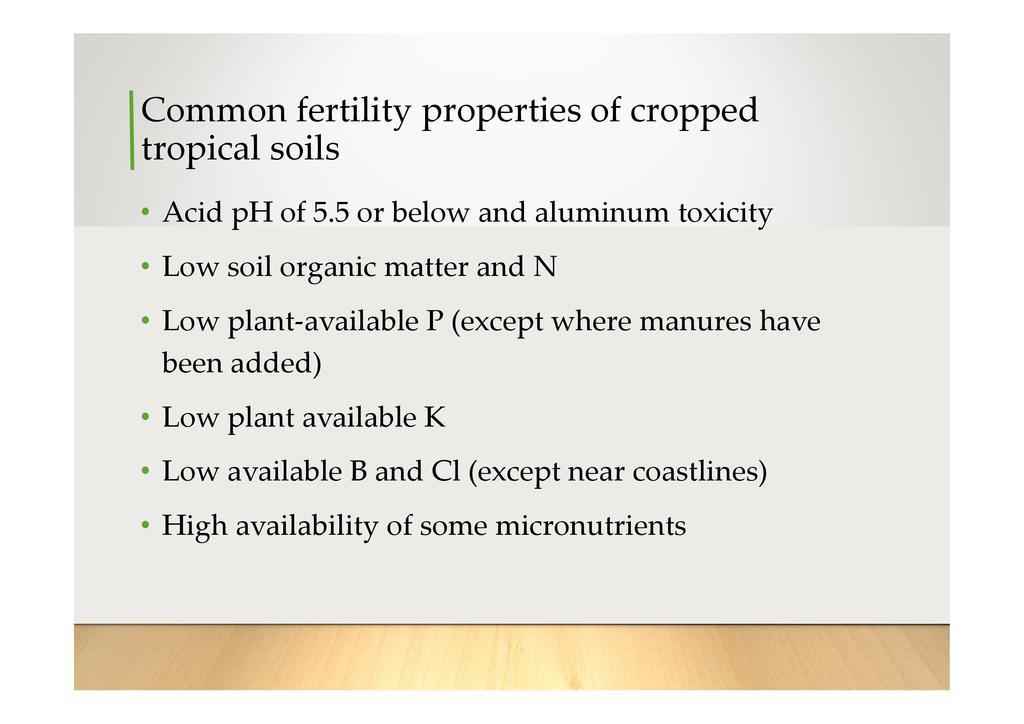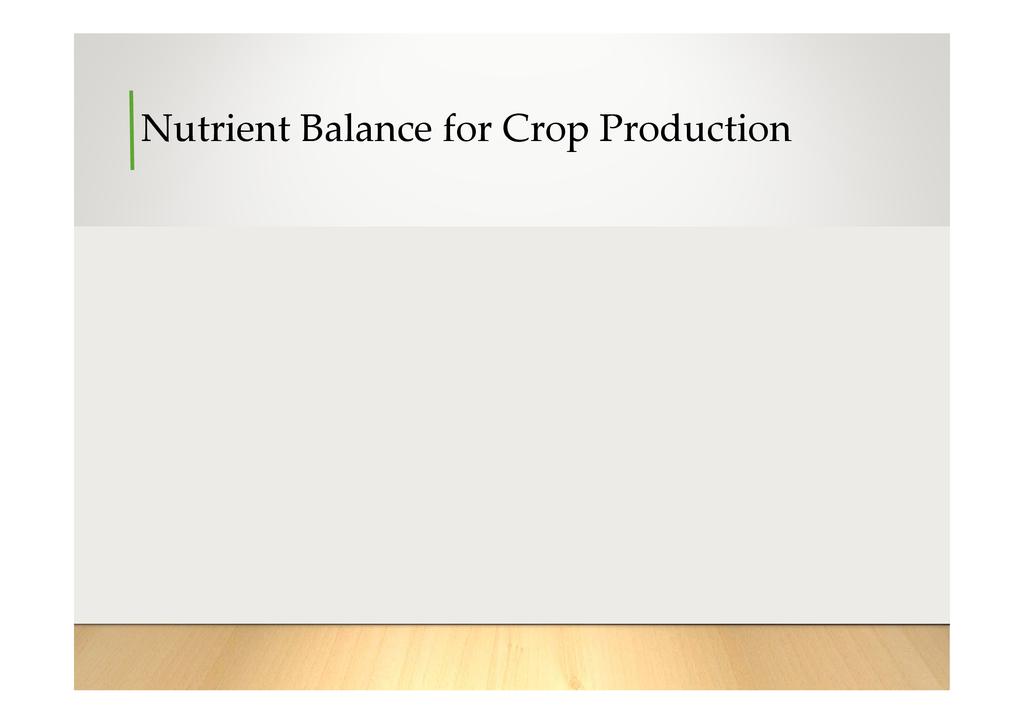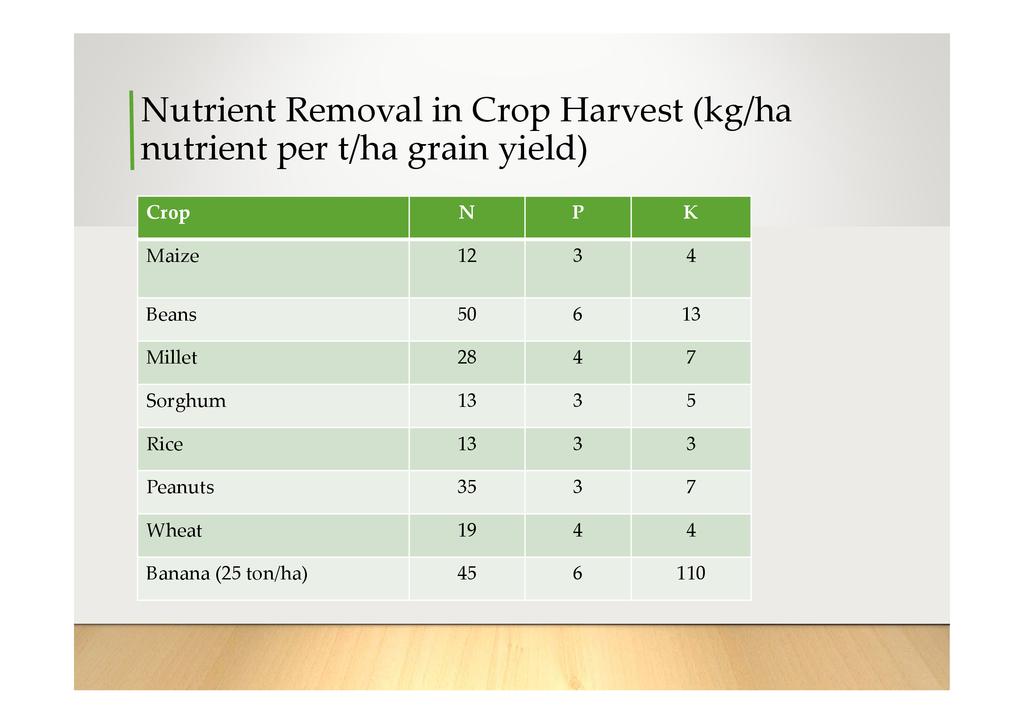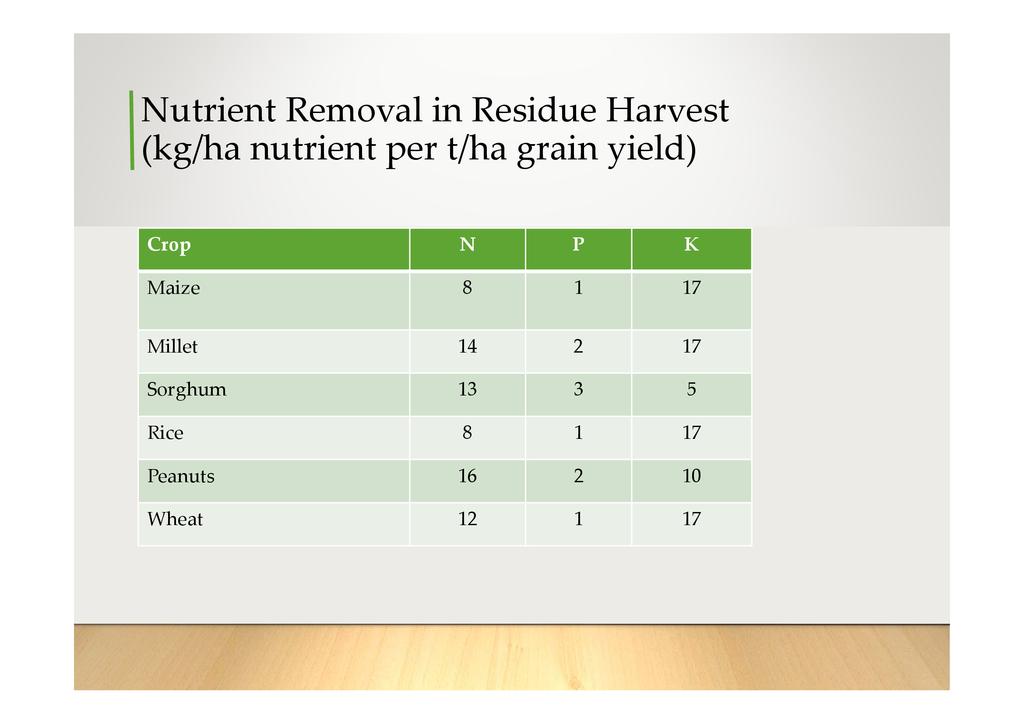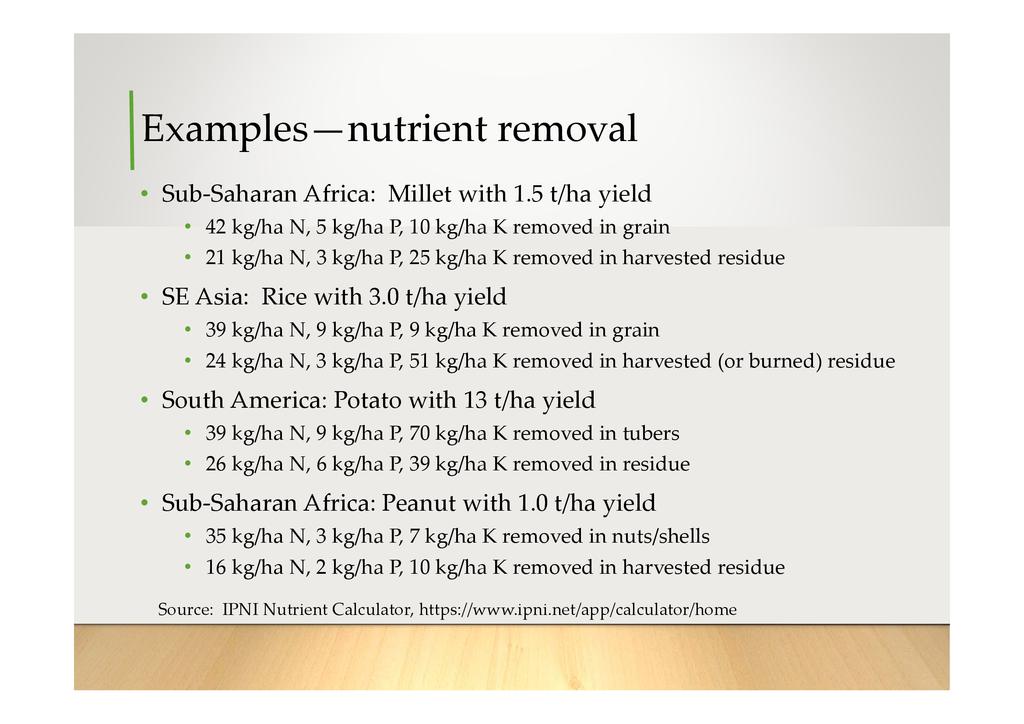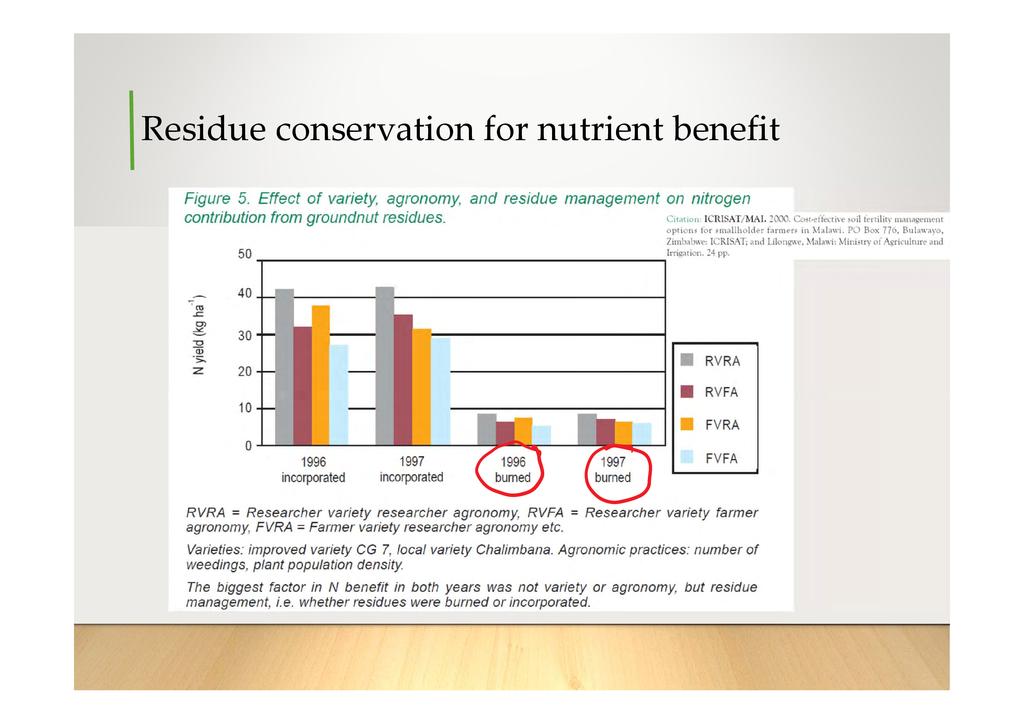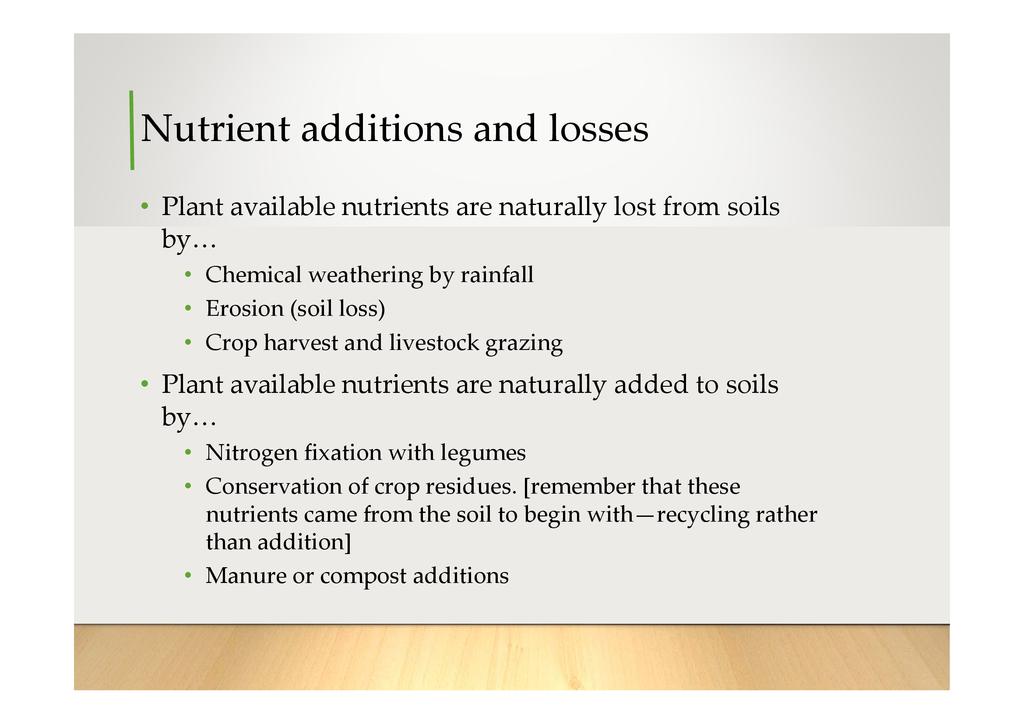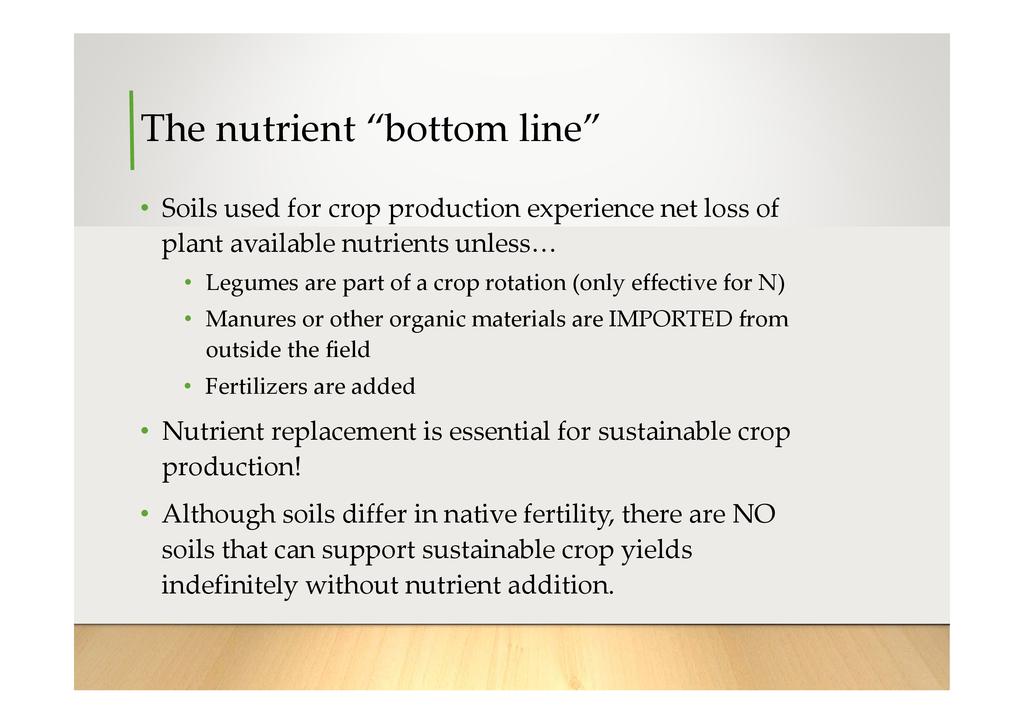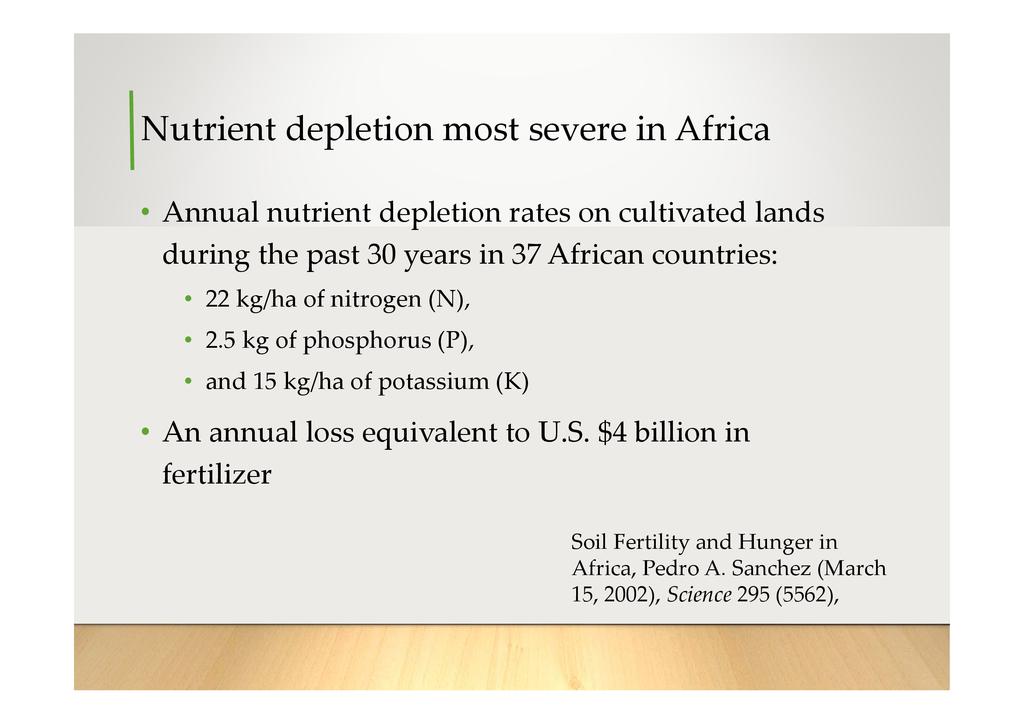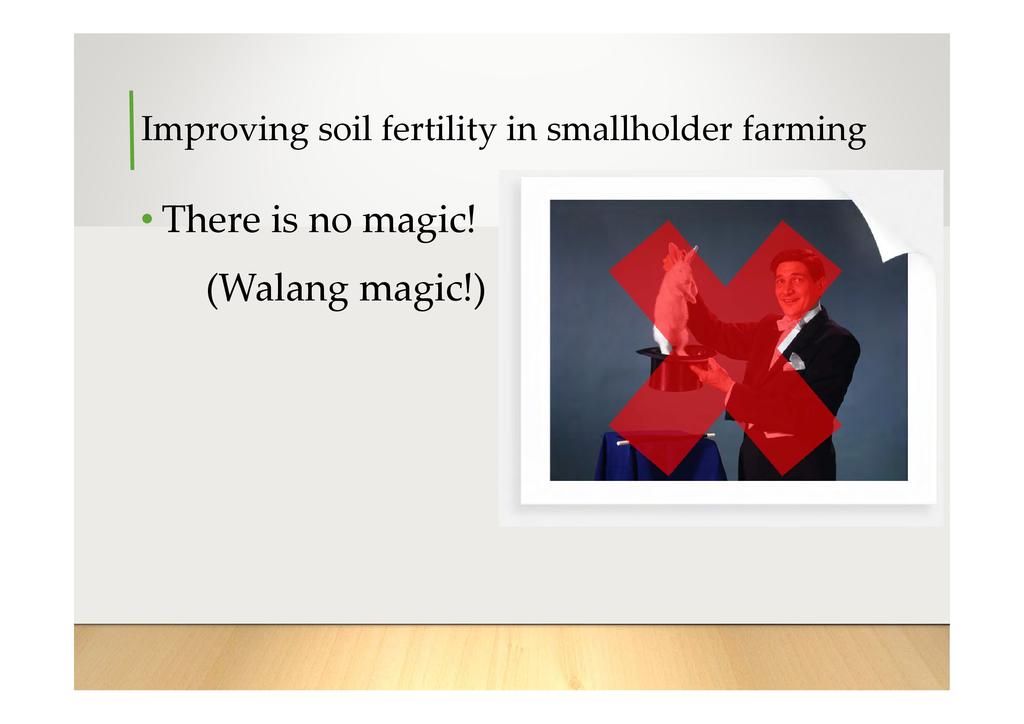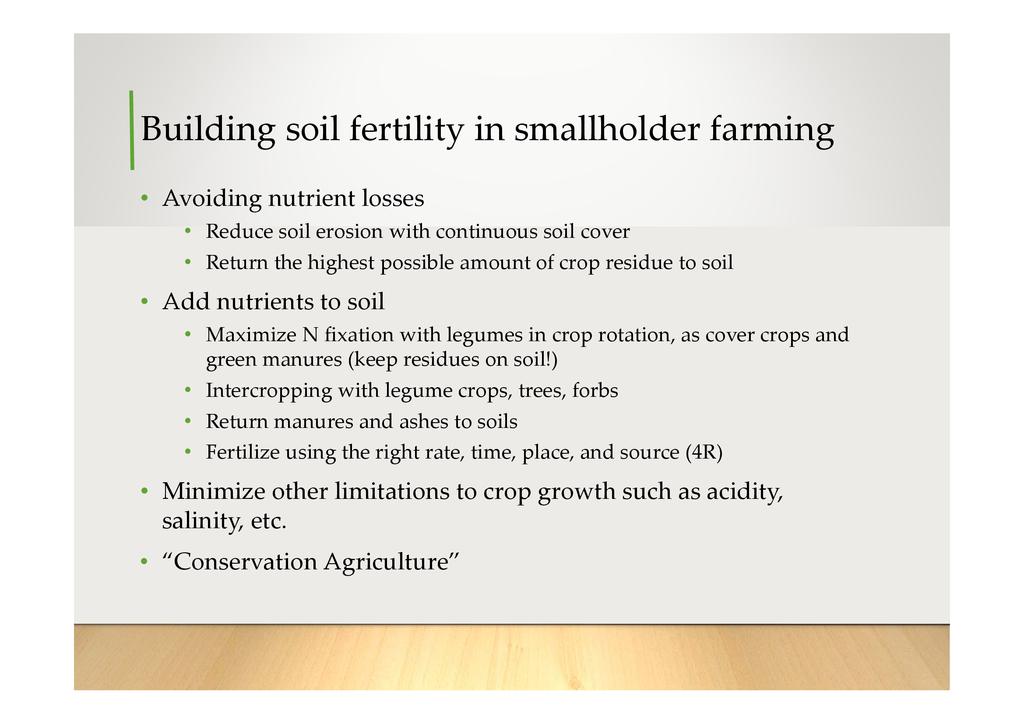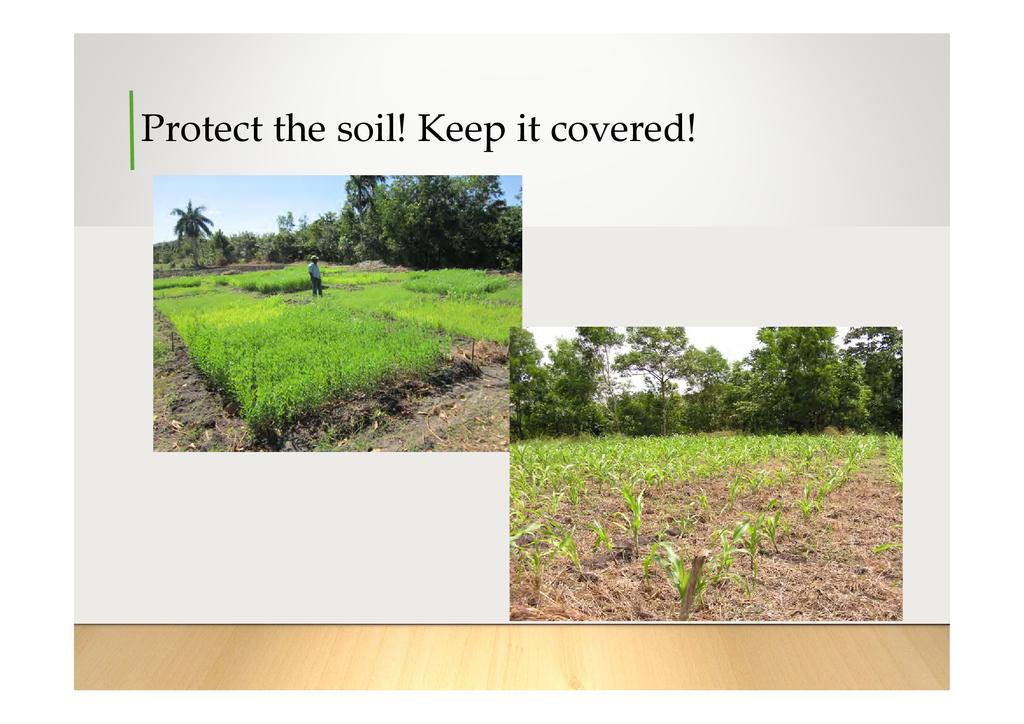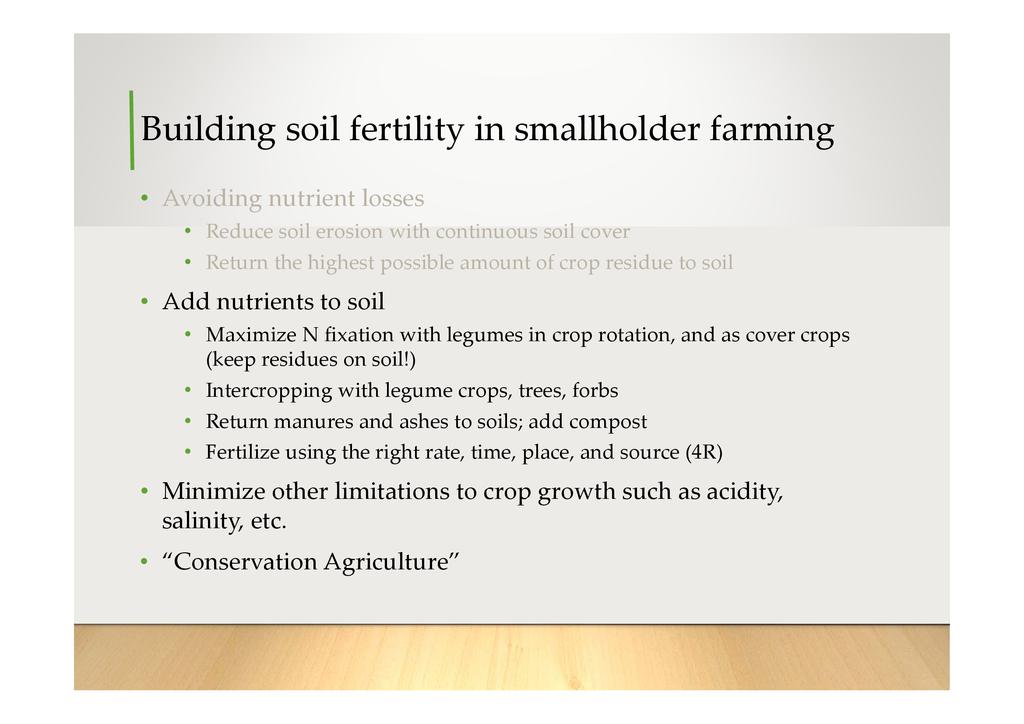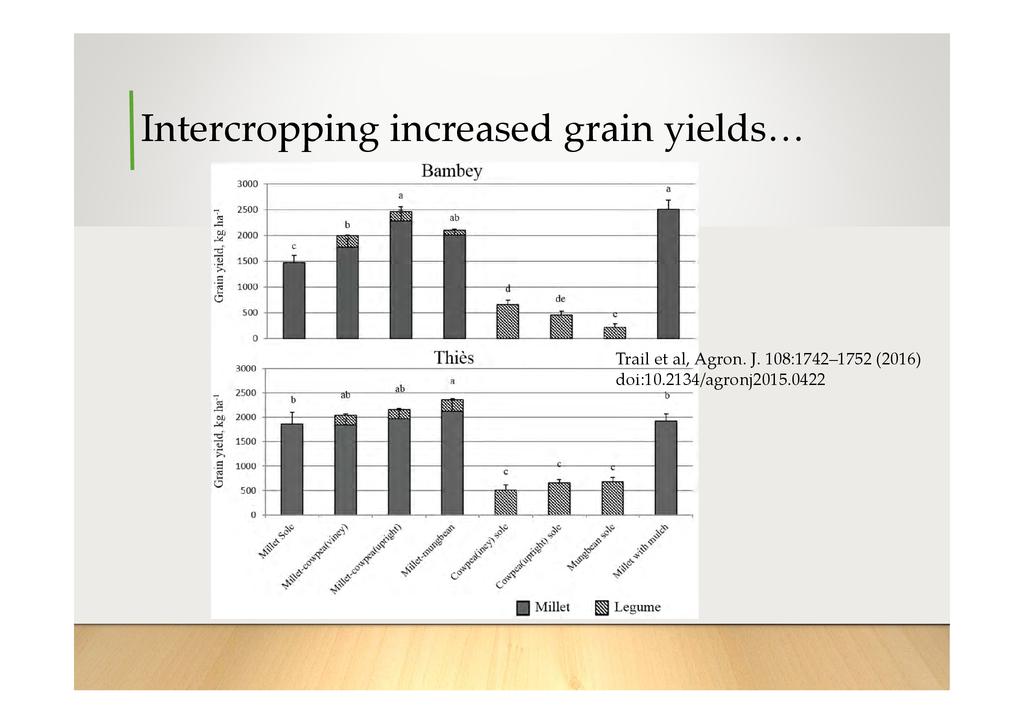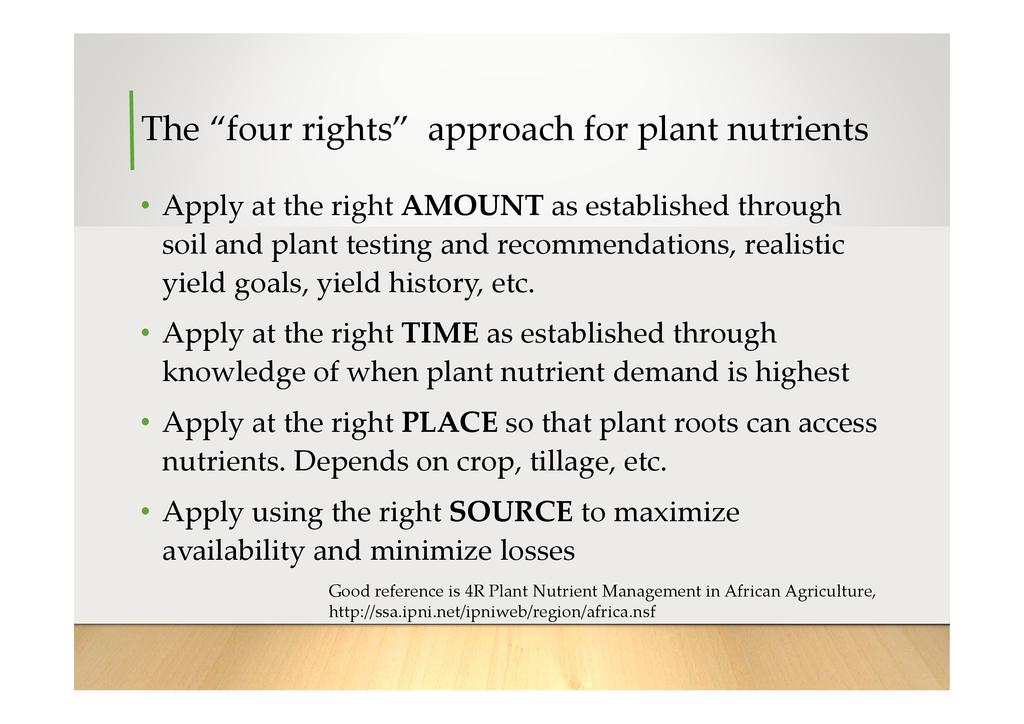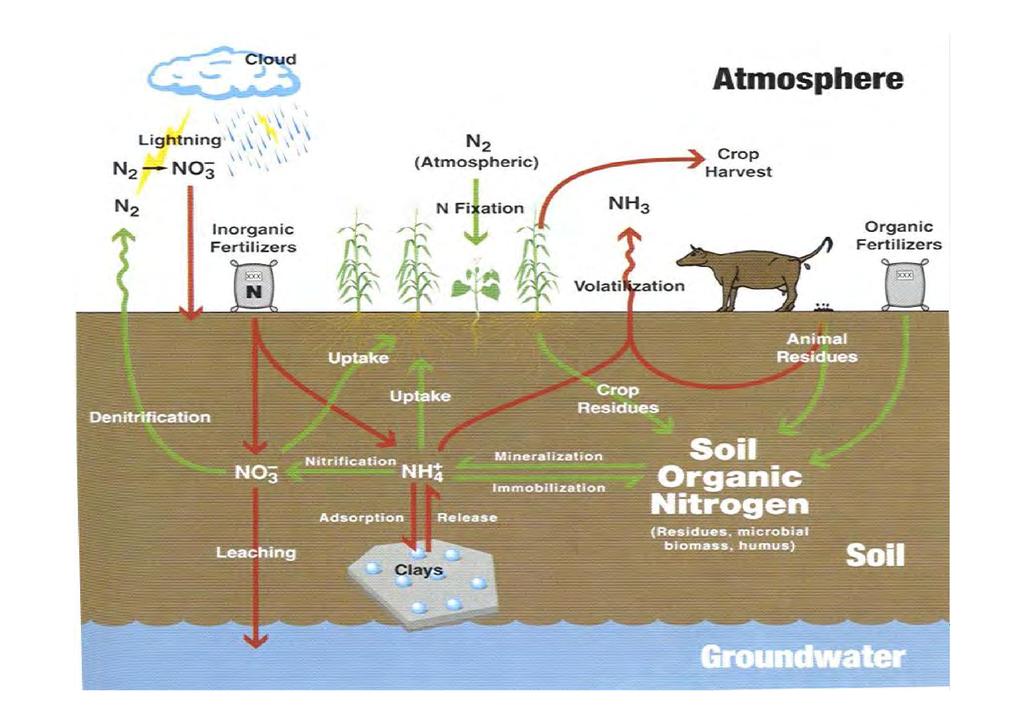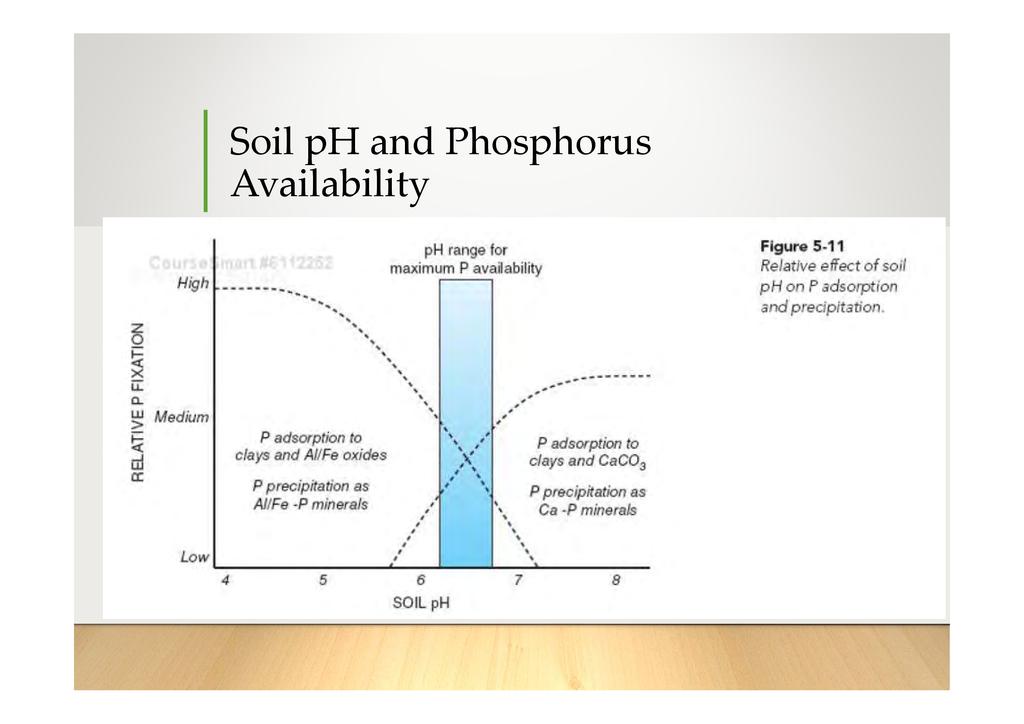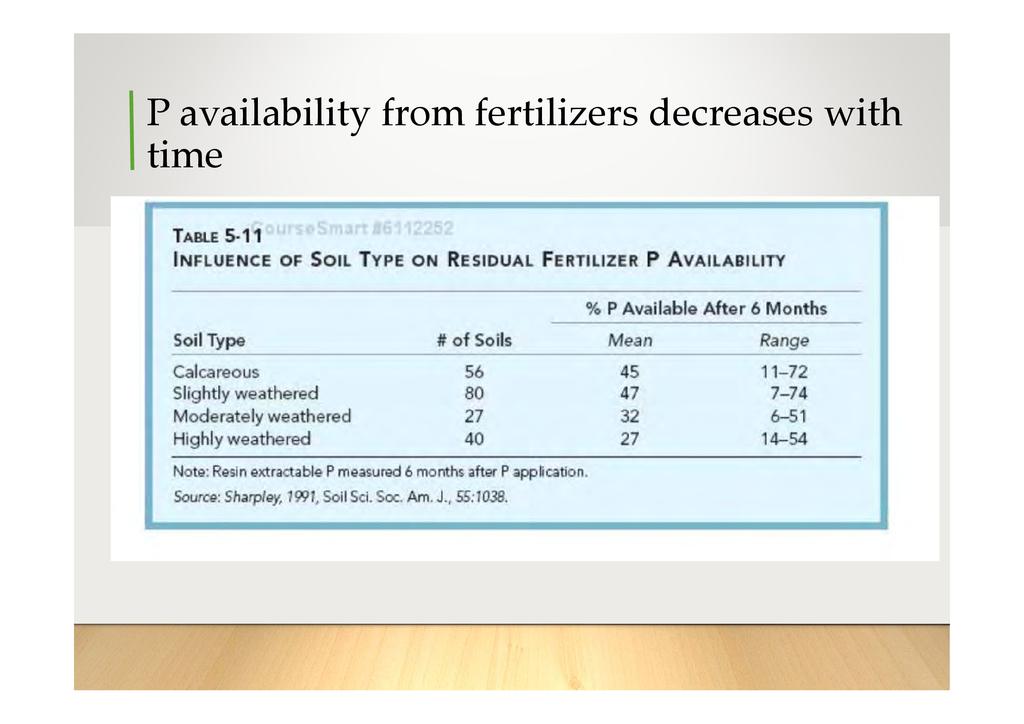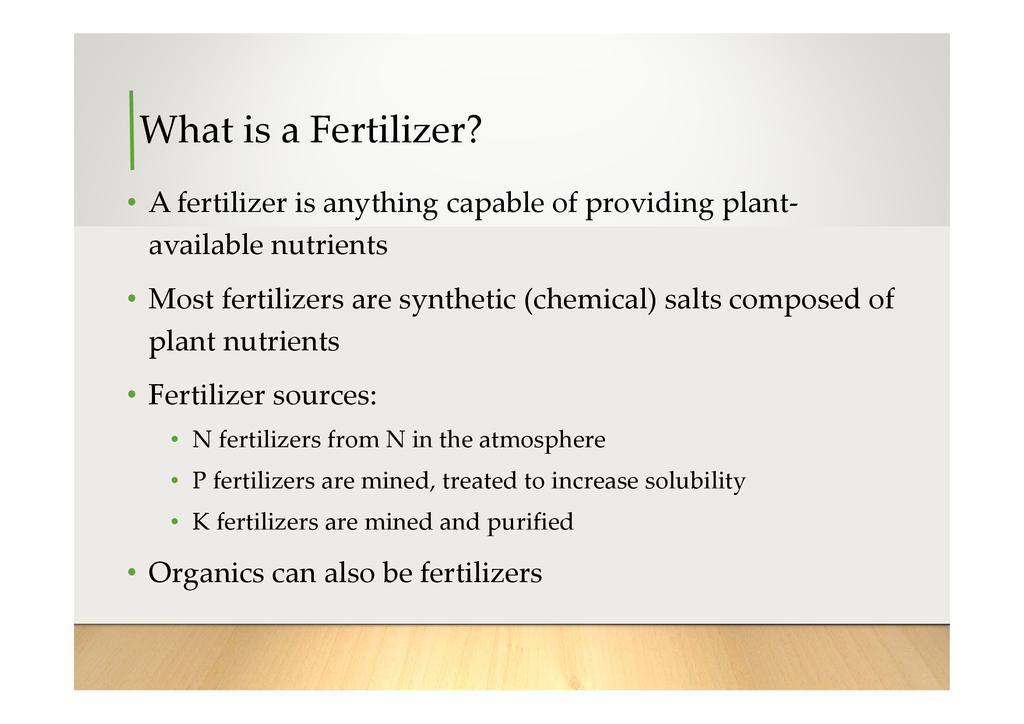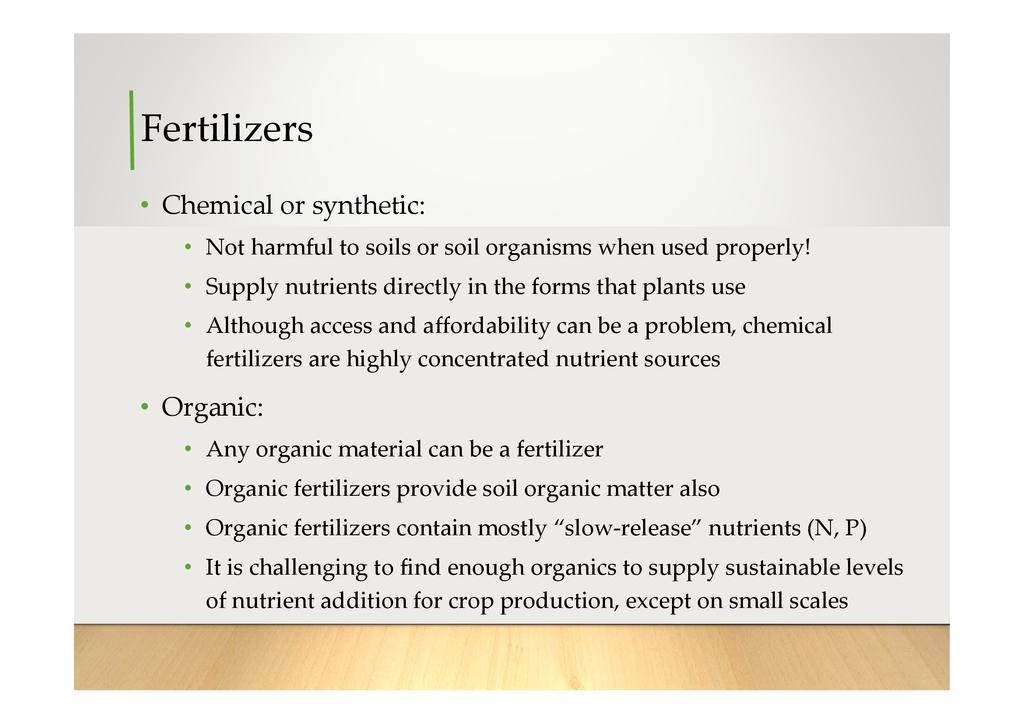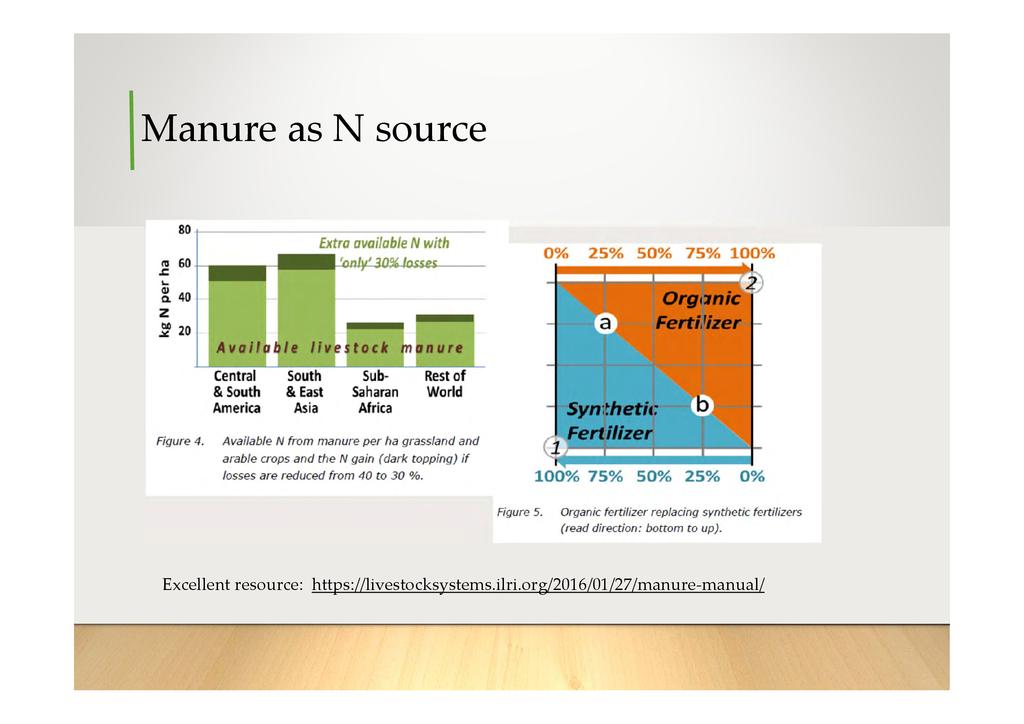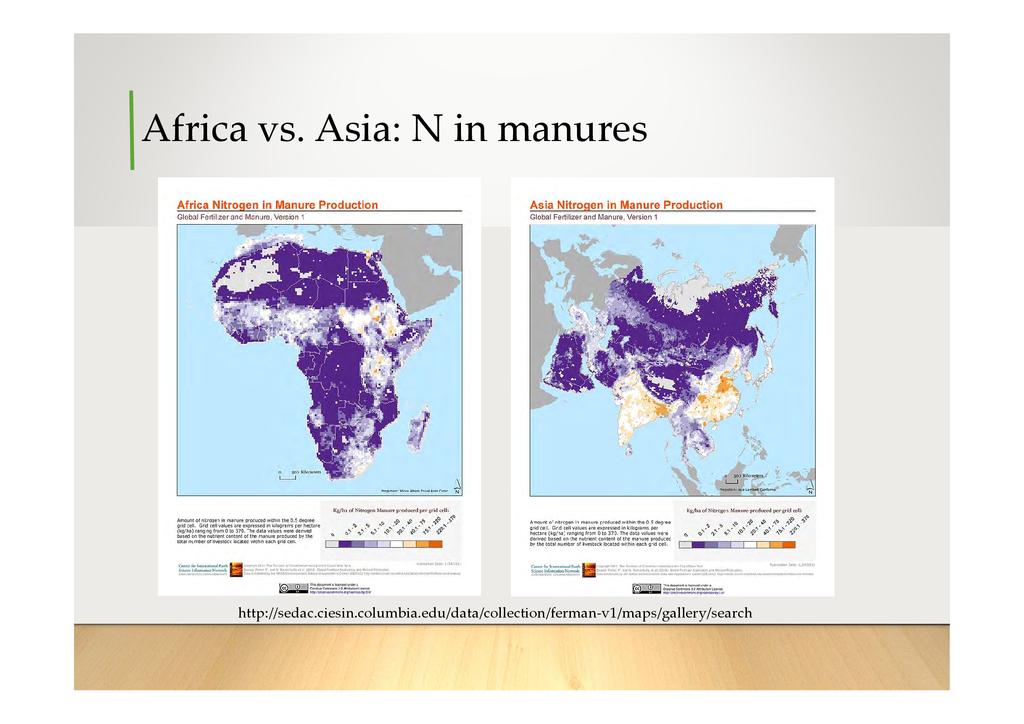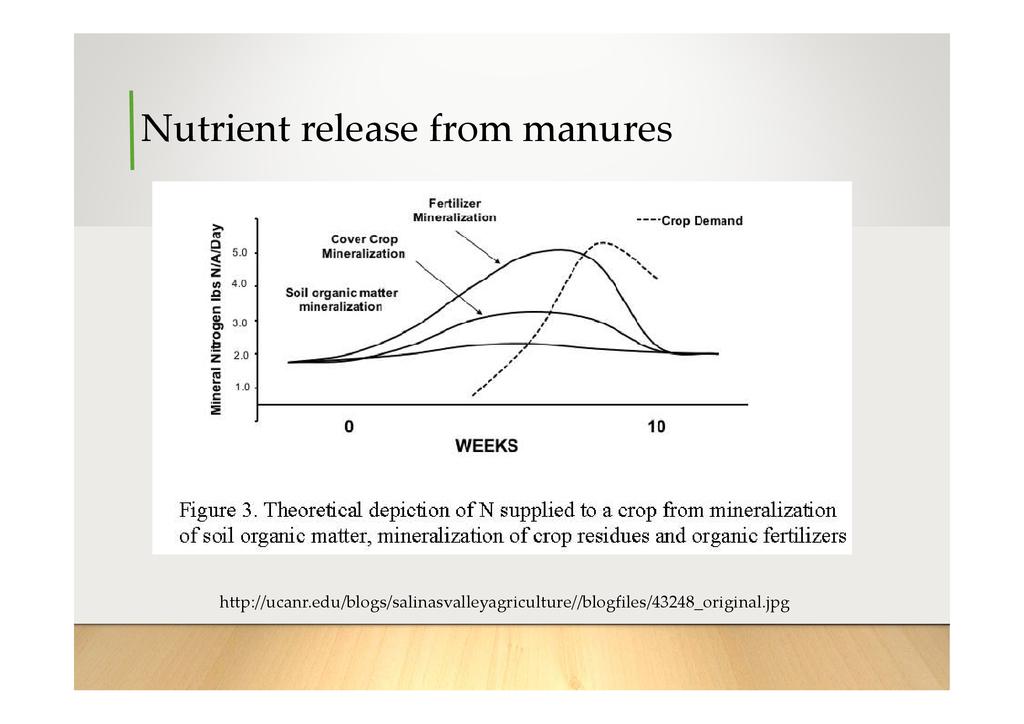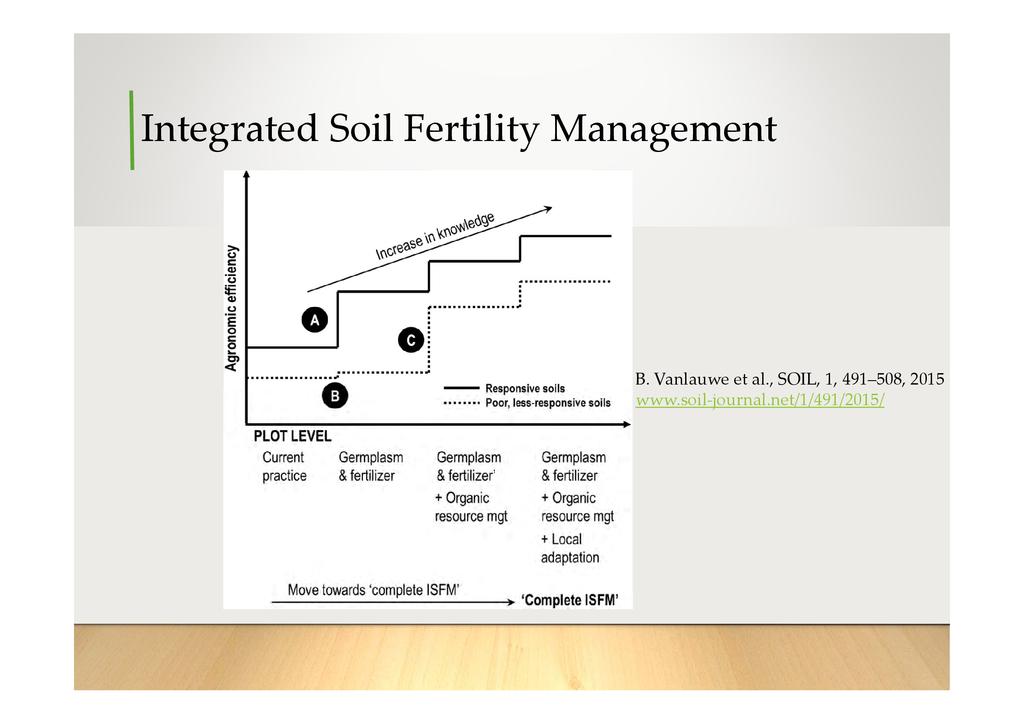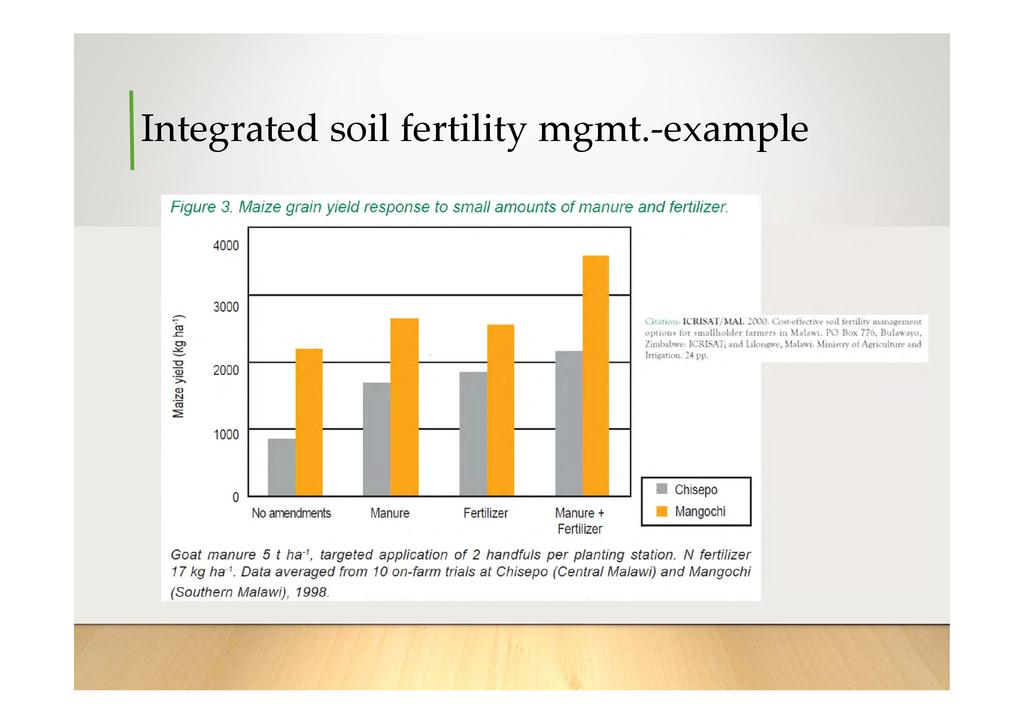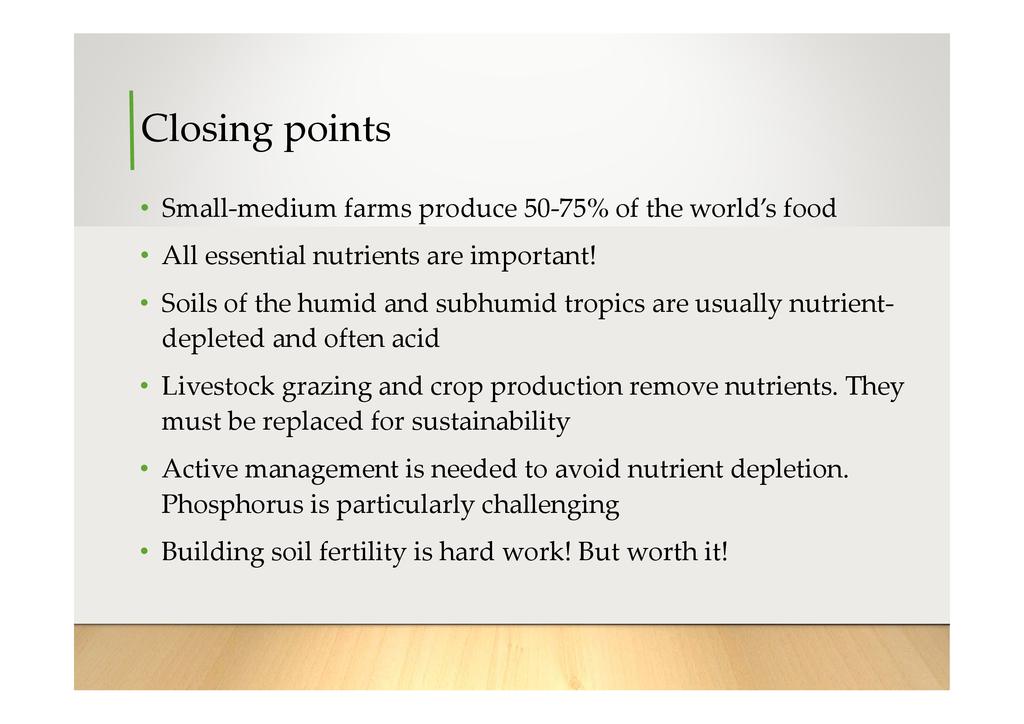Presented By: Dr. Tom Thompson
Event: Asia Pacific Sustainable Agriculture & Community Development Conference (2018-02-06)
Speaker Bio: Dr. Tom Thompson is Associate Dean and Director of International Programs in the College of Agriculture and Life Sciences and Professor of Agronomy at Virginia Tech. He earned B.S. , M.S. , and Ph.D. degrees in agronomy and soil science. He was an academic department head at two universities, including Virginia Tech. He has published >50 refereed journal articles and garnered more than $9.7 million in extramural funding in support of research and outreach on efficient use of irrigation water and nutrients in cropping systems. He spent a sabbatical leave in Israel during 2004. His recent research and outreach have focused on the adoption of conservation agriculture practices in smallholder farming systems of Haiti and Senegal. He is a fellow of the American Society of Agronomy, the Soil Science Society of America, and the Food Systems Leadership Institute. As Associate Dean and Director, he is responsible for advancing the college missions of learning, discovery, and engagement across the globe.
Abstract: Soils of smallholder farmers are often depleted of organic matter and available soil nutrients, and may also be acidic and/or saline. We will review the causes and extent of these soil-related challenges in the developing world. A variety of possible management responses to these challenges will be compared and contrasted, including conservation agriculture, practices to increase soil organic matter, liming, and use of fertilizers and other soil amendments. We will also discuss the importance of maintaining a positive nutrient balance for plant macronutrients. Soil degradation has been identified as a critical constraint for improving agricultural productivity in smallholder agriculture. Therefore, understanding how to manage soils for improved fertility is paramount for successful agricultural development.
